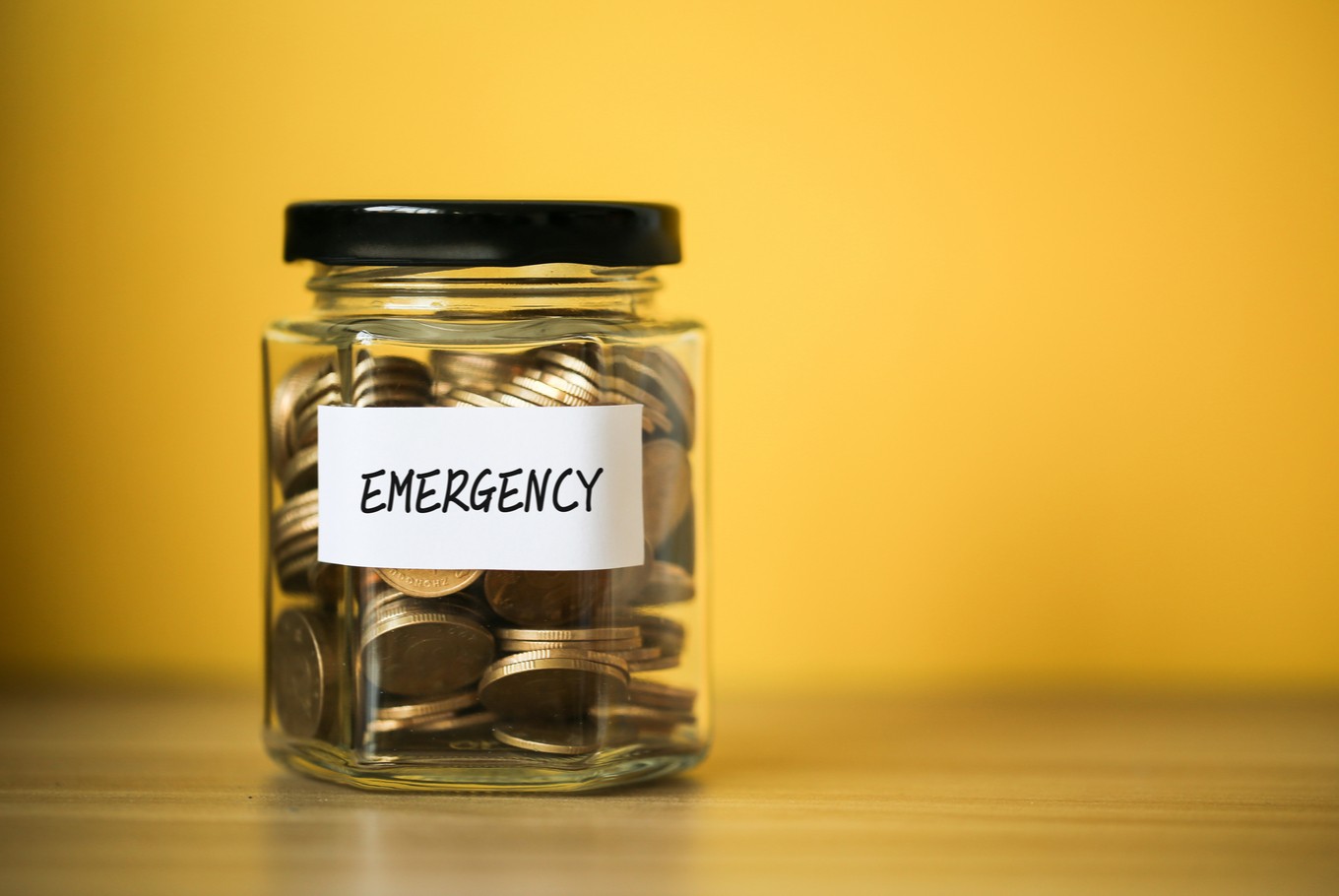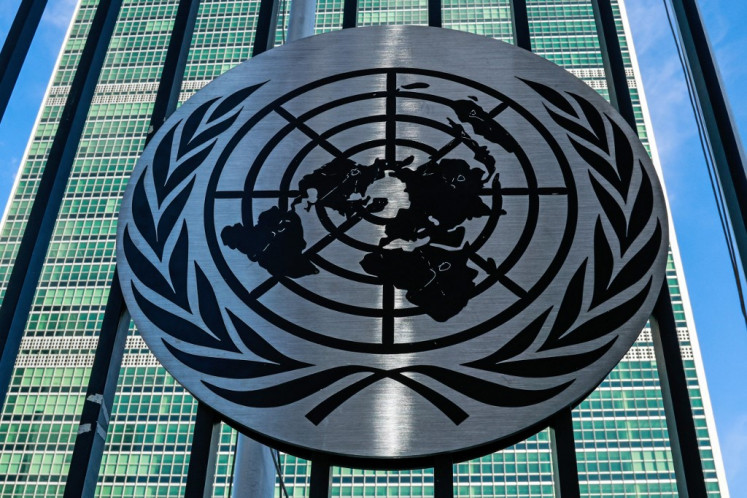Popular Reads
Top Results
Can't find what you're looking for?
View all search resultsPopular Reads
Top Results
Can't find what you're looking for?
View all search resultsThe basics of an emergency fund: For what and how much
An emergency fund is just money that you set aside so you're covered, if and when you need it in an unforeseen event or circumstance.
Change text size
Gift Premium Articles
to Anyone
S
martphones and e-wallets have simplified purchasing while offering discounts, cashback rewards and other incentives to buy more. Easier access to loans invite more unnecessary consumption, while people share their activities through social media and invite others to do the same.
No doubt, we are living in a society that encourages spending, a situation that can make it difficult to remember the power of saving for a rainy day.
Putting aside an appropriate amount toward a emergency fund will put you at ease and protect your long-term investments from sudden withdrawals during bad times.
An emergency funds is simply a savings account from which one can make withdrawals at any time and without consequences in times of emergency.
I do not recommend putting your funds in a time deposit, which only allows withdrawals upon maturity. Time deposits carry a penalty if the funds are withdrawn before the maturity date.
What about investing in stocks? Stocks are inherently volatile, and carry the possibility that you might withdraw less funds than you initially put in. It might also take two days to until your funds are ready, since the stock market runs on a spot basis.
What expenses should be considered when setting up an emergency fund? The answer is: your living expenses. This includes the living expenses of the people that are financially dependent on you, like your spouse and children.
So what falls under living expenses? The five crucial expenses are food, health, utilities, mortgage payments and school fees.
First and foremost is food. People must eat no matter the situation or condition, especially growing kids. Second is health care. No one wants to get sick, but this happens to everyone at some time, and health expenses can be very high. Third is utilities like water, electricity and gas that support your day-to-day activities. Fourth is mortgage payments. Neglecting to pay your instalments for 3 consecutive months will lower your creditworthiness, and in the worst-case scenario, the bank will seize your collateral: the house. Fifth is school fees, since we, as parents, want our children to continue their education regardless of the situation.
Include in your calculations any other crucial expenses aside from the above five that apply to you.
An emergency fund should not cover any non-essential expenses that you would usually cut in the event of job loss or catastrophes, like entertainment, leisure shopping, dining out and vacations.
When you take money out from your emergency fund, it is an indication that your financial condition might be in peril, and you should focus on survival until your finances are back on track.
Read also: To travel or to save? How to end the dilemma
We should now understand the gist of having an emergency fund. The next tricky question is, how much we should have in our cash reserves for an emergency?
I believe there are three answers to this question:
Good answer: At the very least, save enough to cover 3 months of living expenses. This should be sufficient if you are young, single and confident that you will land a new job within that time frame, when the economy is good or you have highly sought skills.
Better answer: Save 6 months’ worth of living expenses, even more if you have mouths to feed. Even if the situation is like the first answer, it might take a sudden turn. The economy might become sluggish, companies might go bankrupt and the most fearsome thing of all, our skills can become outdated. Finding a new job or opportunity will be harder then.
Best answer: Save 12 months’ worth of living expenses. The economy might go beyond sluggish and a recession might occur to lead to a rise in unemployment. Basically, no one knows what the future holds. A fund containing this much will hopefully allow you to have enough time to settle your finances and achieve a capacity comparable to before the emergency.
Think you can't save enough? No need to panic. You can start by putting aside small amounts on a regular basis – every paycheck, every fortnight, every week or every day, whatever works for you. Persevere, and eventually you will get there.
The important thing is to start, because having some funds is always better than having none.
When your world is turned upside down, the world outside will not stop for you; it will continue as usual, as if nothing has changed. The emergency fund is your personal safety net, so you are not left behind.
So start your emergency fund. Now.











